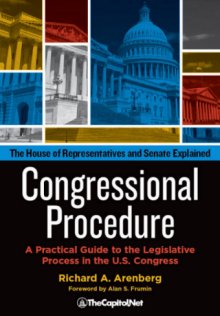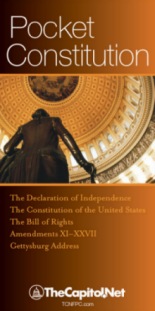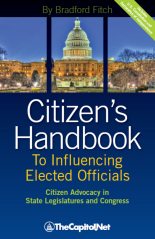Federal Deficits, Growing Debt, and the Economy in the Wake of COVID-19 (CRS R46729)
The Coronavirus Disease 2019 (COVID-19) pandemic caused a swift and deep economic downturn from which the country has yet to fully recover. In response to COVID-19, the federal government enacted expansionary fiscal policy to provide relief and stimulus to the economy. Several bills were enacted in FY2020, including the Coronavirus Aid, Relief, and Economic Security … Read more






